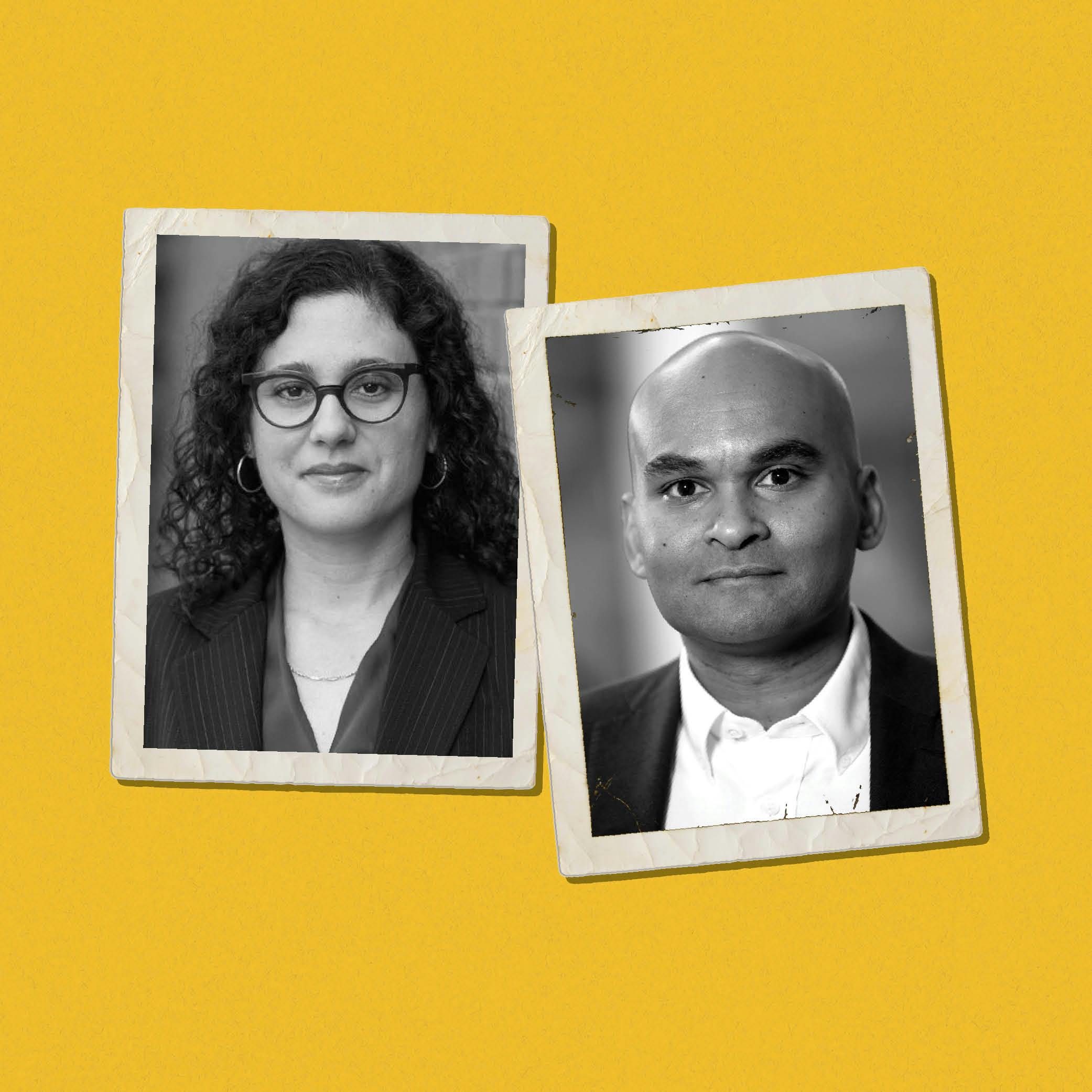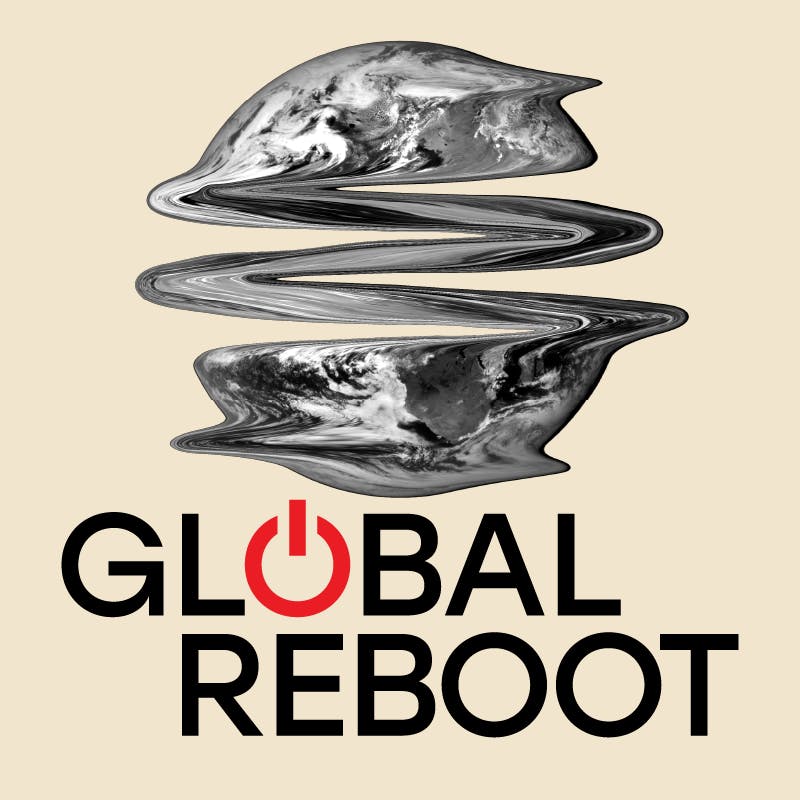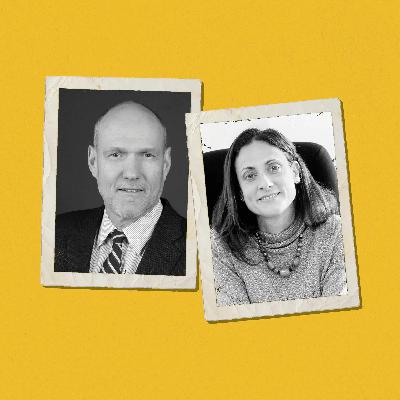
Counterpoint
Author: Foreign Policy
Subscribed: 14,267Played: 40,125Description
Every day, experts from around the globe present their arguments for solving the world’s biggest problems. And every day, these experts disagree in small and large ways. At Foreign Policy, our approach is to share a wide range of opinions, side by side, day by day. But what if people could hear those arguments tested, in real time, under pressure from an opposing view–by an international cast of diplomats, journalists, academics and activists?
That’s the idea behind Counterpoint, a new debate show from Foreign Policy, in partnership with the Doha Forum.
Join FP deputy editor Sasha Polakow-Suransky and his guests, including anti-Brexit campaigner Gina Miller, Britain’s former chancellor Kwasi Kwarteng, South African author Sisonke Msimang, veteran Middle East peace negotiator Dennis Ross—and many more.

























When discussing immigration, conflating illegal immigration with legal immigration is a common tactic of those who do not argue in good faith.
Very informative and pragmatism arguments were discussed. Thank you for bringing us such an informative content.
shocking... more 'build back better" propaganda
Remember
if what you want is left wing and anti Trump give it a listen otherwise pass.